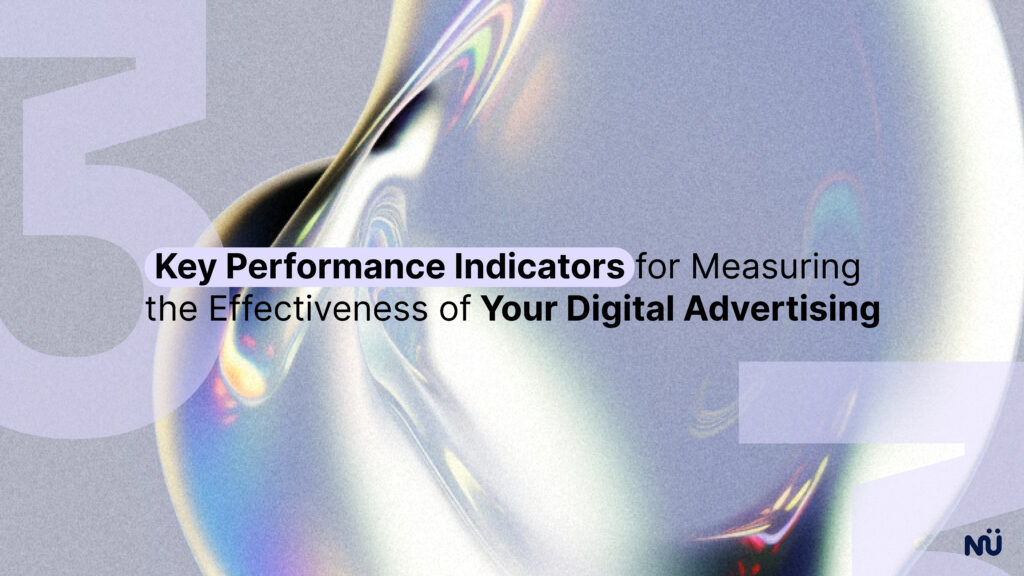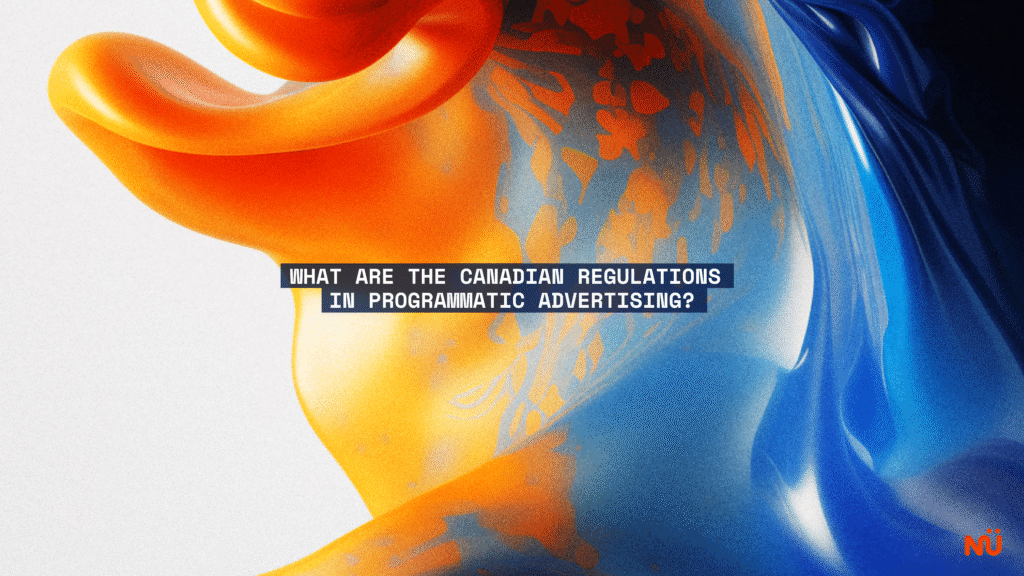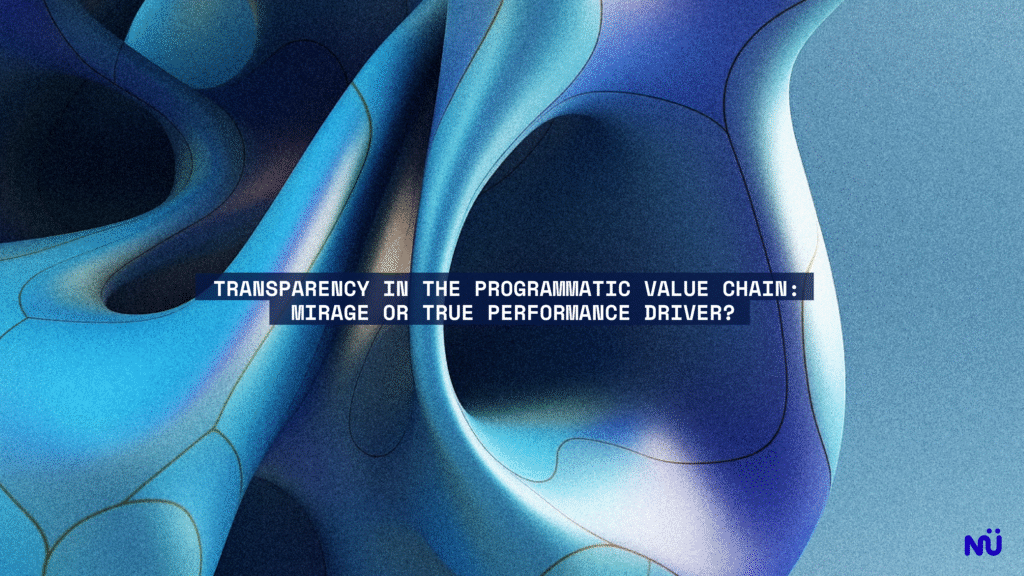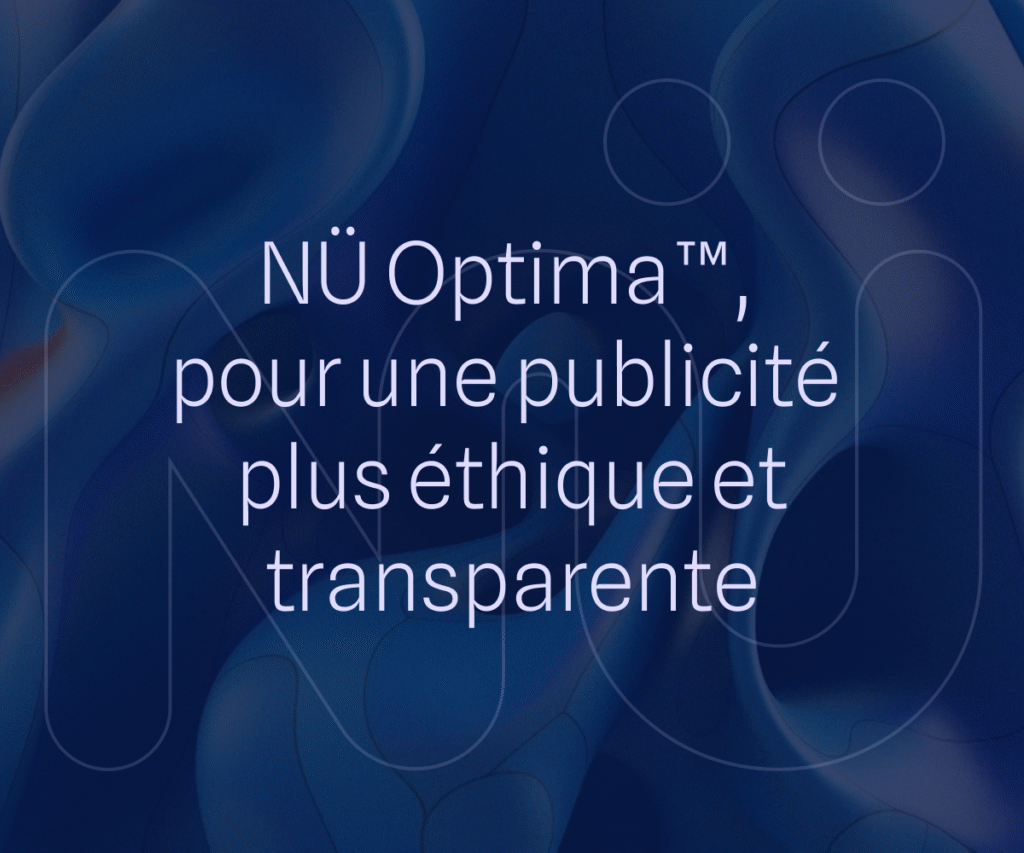A candid conversation with Thomas Spitz about his remarkable journey at the intersection of AI and marketing. From his early days at Warner Bros. to the challenges and successes of programmatic advertising, Thomas reveals the behind-the-scenes evolution of digital marketing.
On Your Journey
Q: Can you tell us about your career path and what led you to specialize in AI? Were there any key experiences that shaped your expertise?
Hello Sébastien, thanks for the invitation!
I entered the fascinating world of data over 10 years ago as a data project manager at Warner Bros. It was one of the first major companies to invest heavily in data, and I was fortunate to be part of the French office, which acted as the group’s innovation hub. At that time, data was such a foreign concept that we had screens installed above office doors to force project managers to look at our insights—just to give you an idea.
Later, I joined a startup specialized in programmatic advertising (at the same time as you), which felt like the prehistoric era of AI. By 2017, I was already working on advertising targeting algorithms, such as decision trees and statistical twins, also known as Lookalike modelling. I was fascinated by the work of data scientists and thrilled to collaborate with them on a daily basis.
Q: What are some of the most significant initiatives or projects where you integrated AI?
A few years ago, we built an AI capable of analyzing YouTube videos to predict which segments would perform best and optimize the narrative arc.
The AI could recognize objects and characters on screen and calculate retention rates for each element. For the first time, we were analyzing data at a millisecond level, and it was incredible to see how such granular data could lead to highly actionable marketing insights. The funniest part? Once we built the AI, we used another AI to help us name it. Full circle!
Q: How has your experience in large organizations shaped your approach to AI in your projects?
Large organizations generally have the advantage of strong in-house technical expertise and are well-equipped with advanced tools. Working in such environments gives you the opportunity to tackle ambitious challenges and stay at the forefront of innovation. Expectations are also much higher, which makes it even more stimulating.
On AI in Marketing
Q: Where does AI stand in marketing today? What breakthroughs has it enabled?
To fully understand AI’s contribution, we need to clarify some key terms:
- Generative AI takes it a step further by not only performing tasks but also creating content, anticipating needs, and making decisions autonomously.
- AI is a broad concept describing machines that can solve problems using human-like reasoning.
- Machine Learning (ML) refers to a system’s ability to learn and improve without explicit programming.
- Deep Learning is a more advanced form of ML that uses neural networks to simulate the human brain, enabling more complex and fine-grained analysis.
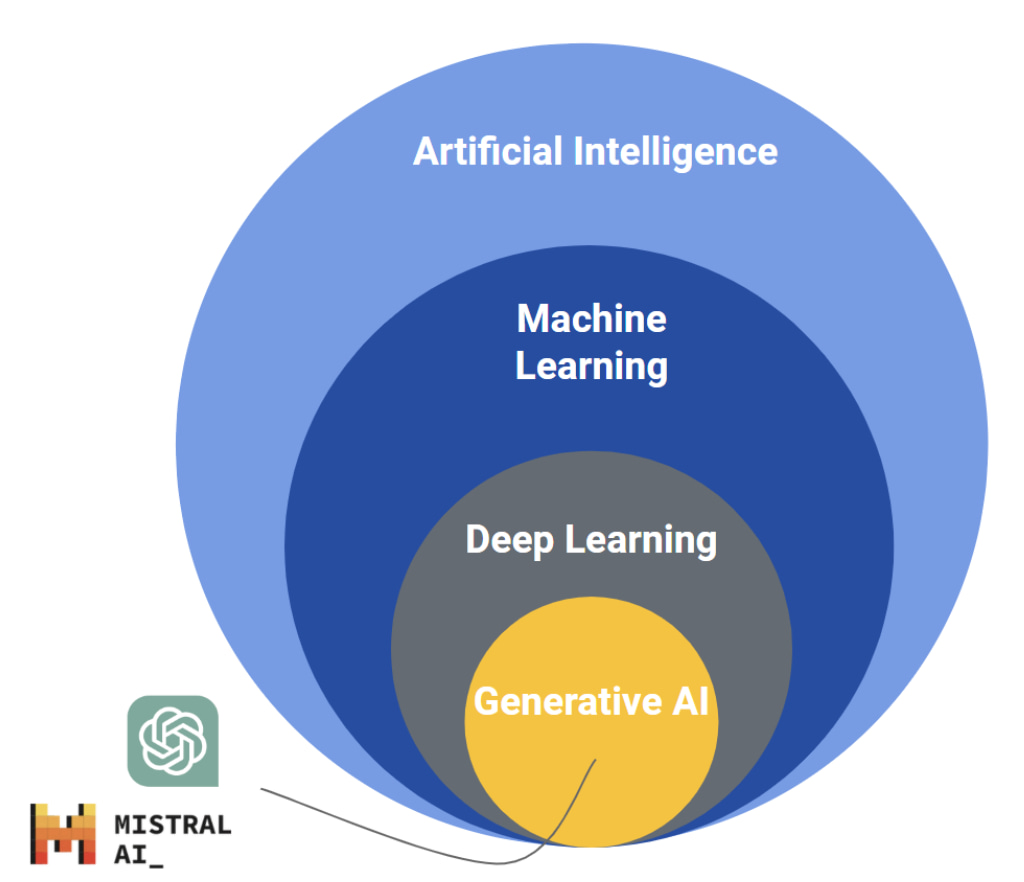
We’ve seen AI in marketing as far back as the 1970s with early Marketing Mix Modelling. But it was the explosion of digital marketing in the 2010s—combined with programmatic buying and RTB—that truly accelerated its adoption. At the time, it wasn’t branded “AI” yet but more often referred to as “data-driven solutions.”
With Generative AI, the adoption has expanded into content strategies—long resisted by creative teams. Today, advertisers can generate fully personalized ad formats at scale, saving countless hours of creative work.
Q: How has AI changed modern marketing strategies?
AI is already deeply integrated into major platforms like Google and Meta. For example, Performance Max campaigns leverage AI to autonomously optimize formats and channels based on available signals of interest—allocating budgets dynamically across mobile, desktop, display, and search.
Search campaigns are another great example: once purely keyword-based, they’ve shifted towards audience- and interest-based targeting. This evolution is powered by AI through predictive modelling and clustering.
On the Future of AI in Marketing
Q: What trends do you see for the future of AI in marketing?
We’ve already seen AI revolutionize targeting and now expand into content creation. The next step, in my view, is strategic planning.
Tasks like media planning and media strategy—traditionally manual and time-consuming—could increasingly be supported by Generative AI. Think of it as an intellectual “ping-pong” between marketers and an AI expert in advertising, helping accelerate ideation and campaign planning.
Generative AI also breaks free from the limits of structured data. By vectorizing text, audio, and video into alphanumeric sequences, it can analyze virtually any type of file and extract intelligence. This opens the door to text-to-speech, speech-to-text, and even text-to-video applications, enabling greater automation of both strategy and creative work.
The caveat? AI outputs must always be validated. While powerful, the technology is still prone to inconsistencies, making human expertise more critical than ever. The future, I believe, is one where experts become even more productive by automating repetitive tasks while focusing on strategy and creativity.
Q: How has AI transformed programmatic advertising specifically?
AI has reshaped programmatic advertising by boosting targeting precision. Ads are now personalized in real time for each user, improving engagement and ROI. Machine Learning algorithms can predict user preferences and automatically adjust placements to reach the most relevant audiences.
Q: How does AI contribute to campaign optimization and personalization?
AI analyzes user interactions to create detailed audience profiles and deliver more relevant ads. It predicts which creative or placement will perform best and adjusts strategies in real time. Beyond targeting, AI also adapts the creative itself—generating or modifying ad variations tailored to different audience segments.
Advice for Businesses
Q: What advice would you give companies looking to stay ahead with AI?
AI is noisy right now—it’s everywhere. My first advice: get educated. You don’t need to be a technical expert, but understanding the fundamentals helps you cut through the noise and focus on what matters.
Second, ask yourself: How could AI impact my business? Which processes can be improved? Which tasks can be done better or faster with AI?
Finally, test, test, test. AI is not magic, but it can have a significant impact. Its success depends on your willingness to adapt and experiment. A hands-on, innovation-driven mindset is key to integrating AI effectively.
Looking for expert guidance on AI? Reach out to Thomas—let him know NÜ Programmatique sent you.

